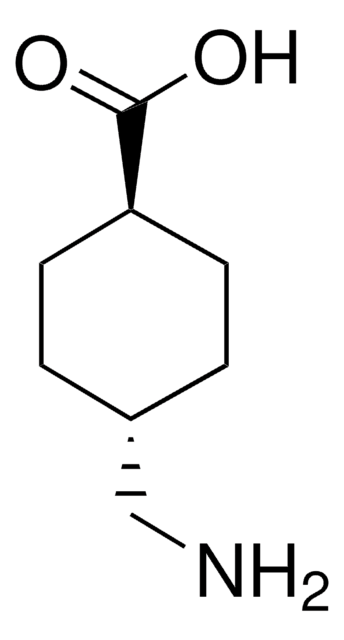PHR1433
Ascorbyl Glucoside
Pharmaceutical Secondary Standard; Certified Reference Material
Synonym(s):
Ascorbyl Glucoside
About This Item
Recommended Products
grade
certified reference material
pharmaceutical secondary standard
Quality Level
API family
ascorbyl glucoside
form
solid
CofA
current certificate can be downloaded
application(s)
pharmaceutical (small molecule)
format
neat
storage temp.
2-30°C
SMILES string
OC([C@]([C@@H](O)CO)([H])O1)=C(C1=O)O[C@H]([C@@H]([C@@H](O)[C@@H]2O)O)O[C@@H]2CO
InChI
1S/C12H18O11/c13-1-3(15)9-8(19)10(11(20)22-9)23-12-7(18)6(17)5(16)4(2-14)21-12/h3-7,9,12-19H,1-2H2/t3-,4+,5+,6-,7+,9+,12+/m0/s1
InChI key
MLSJBGYKDYSOAE-DCWMUDTNSA-N
Looking for similar products? Visit Product Comparison Guide
General description
Application
Analysis Note
Other Notes
Footnote
Storage Class Code
11 - Combustible Solids
WGK
WGK 3
Flash Point(F)
Not applicable
Flash Point(C)
Not applicable
Choose from one of the most recent versions:
Certificates of Analysis (COA)
Don't see the Right Version?
If you require a particular version, you can look up a specific certificate by the Lot or Batch number.
Already Own This Product?
Find documentation for the products that you have recently purchased in the Document Library.
Customers Also Viewed
Our team of scientists has experience in all areas of research including Life Science, Material Science, Chemical Synthesis, Chromatography, Analytical and many others.
Contact Technical Service











